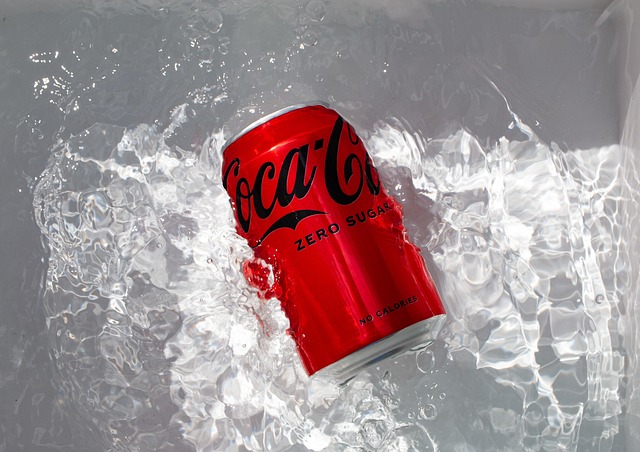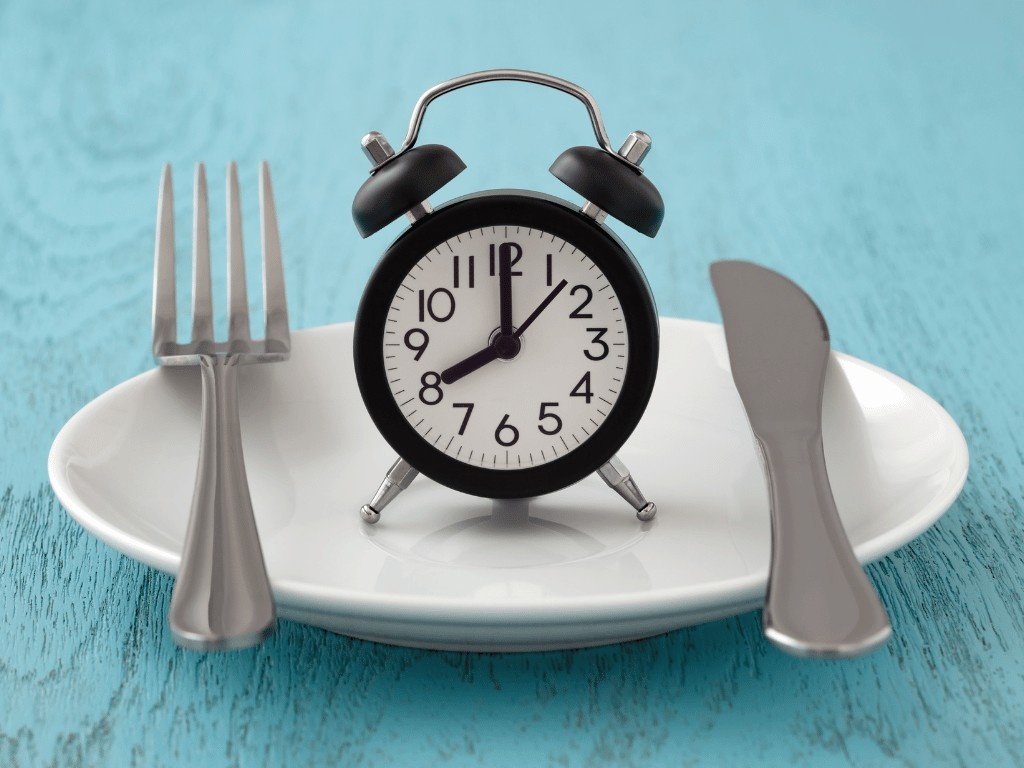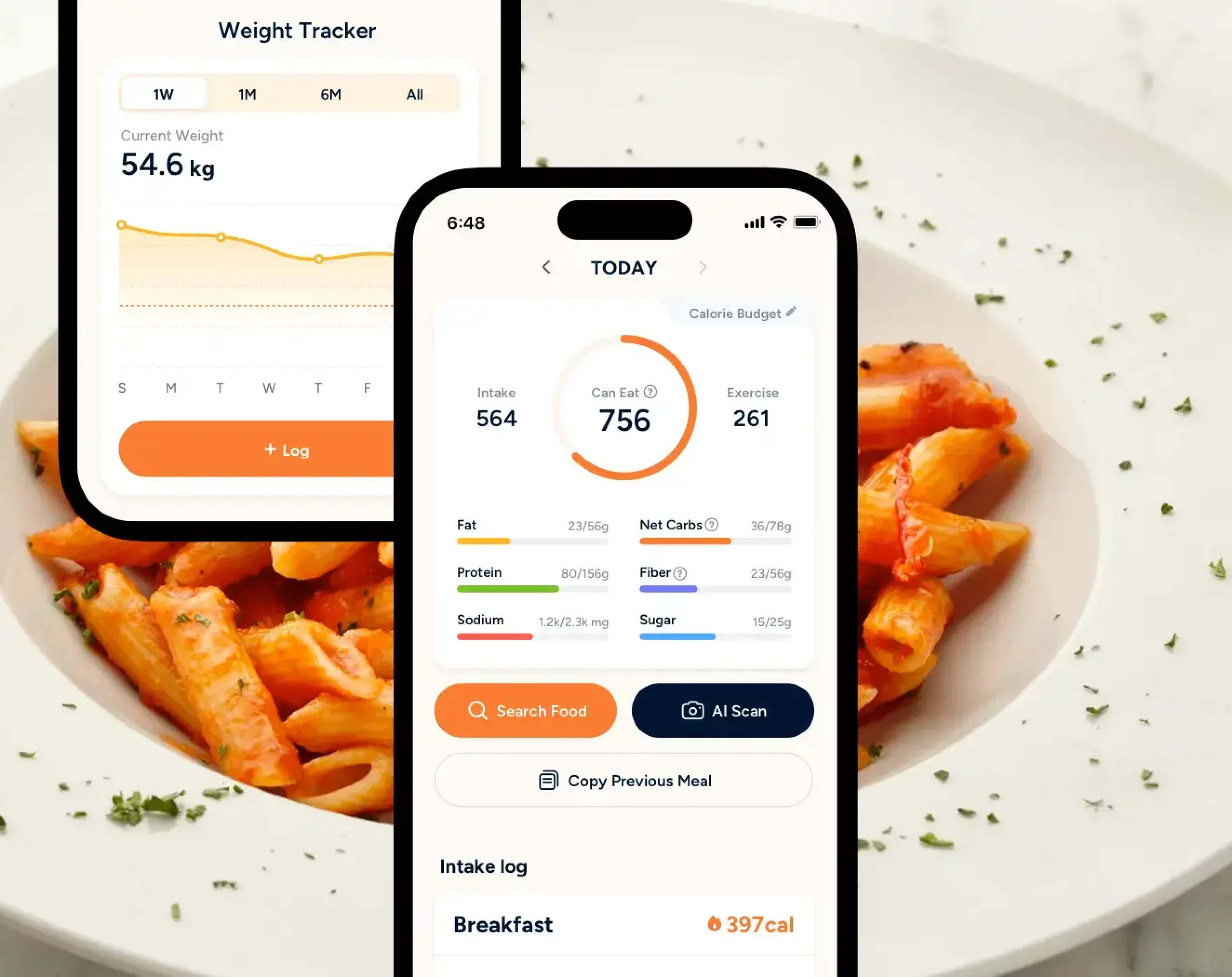Water fasting, due to religious, spiritual, or health reasons, has existed in our history for thousands of years. The association of water fasting with several positive health benefits, like weight loss, reducing chronic health risk, and promoting autophagy, has been the most popular reason for many to start. However, just like other restrictive diets, it has multiple risks and side effects and may not be a suitable option for everyone. Keep reading to find out what exactly water fasting is, the benefits, risks, and best practices.
Key Takeaways
- Water fasting is a fasting method where you drink only water and abstain from any food while fasting.
- During a fast, your body will go through a process known as ketosis to fuel the body.
- Avoid doing strenuous activity, driving and operating heavy machinery while fasting as it can cause dizziness or weakness.
- Water fasting can help with reducing blood pressure, improve type 2 diabetes, and prevent heart disease.
- Aim to always stay hydrated during a water fasting. Ensure that you drink at least 2 to 3 litres of water per day.
What Is Water Fasting?
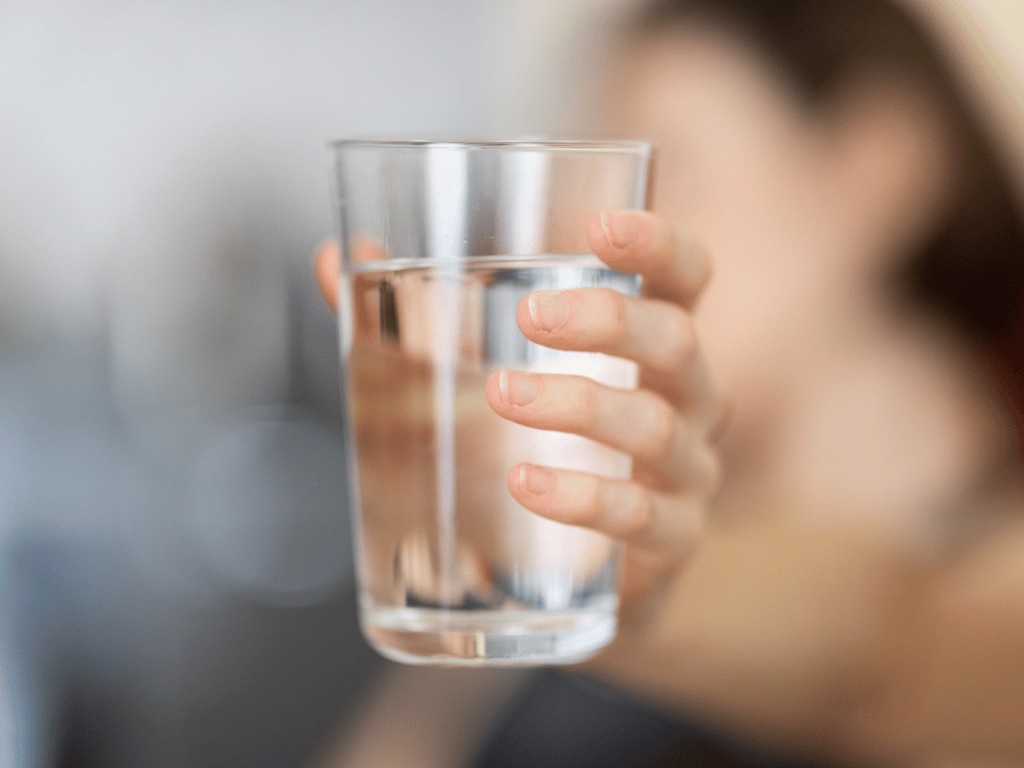
Water fasting is a type of fasting method that involves drinking only water and abstaining from any food during the fasting period. It lasts anywhere from 24 hours to 72 hours, and may be done for weight loss and to improve overall health. It may sometimes be done for religious or spiritual reasons [1].
How Does Water Fasting Work?
There aren’t exact guidelines or rules around water fasting, as it’s still being studied progressively. However, we can make sense of how water fasting would work based on our understanding of the general fasting process.
When going on a fast for the first few days, your body will go through a process known as ketosis. Ketosis is a metabolic state in which your body burns fat and produces ketone bodies to fuel the body instead of carbohydrates [2].
During a water fast, you are supposed to drink only water and avoid eating any food. You are recommended to take in at least 2 to 3 litres of water daily, especially mineralized water, to keep a good balance of minerals in the body [3].
While doing a water fast, some people may experience dizziness or weakness. It’s essential to avoid strenuous activity, driving, and operating heavy machinery. You should also do it on days when you can get ample rest.
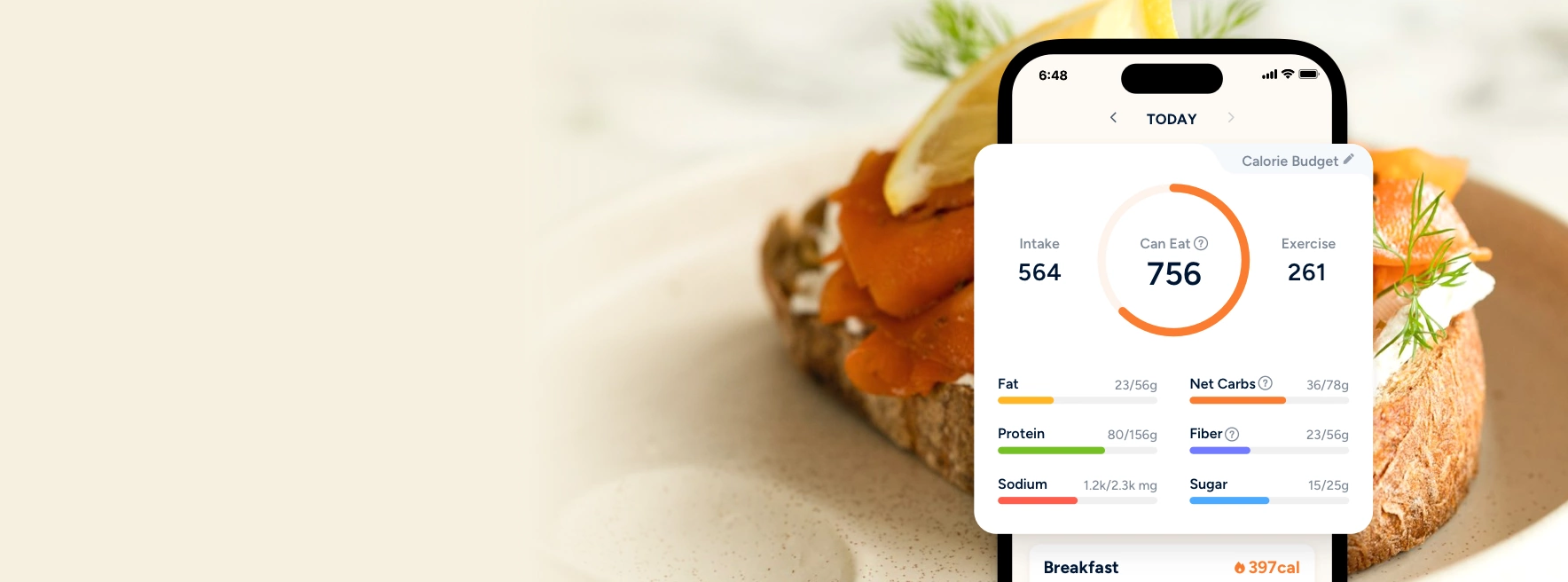
Smarter Nutrition Tracking
Track calories and over 100 other nutrients all in one place.
Download Eato For FreeCan I drink water before a fasting blood test?
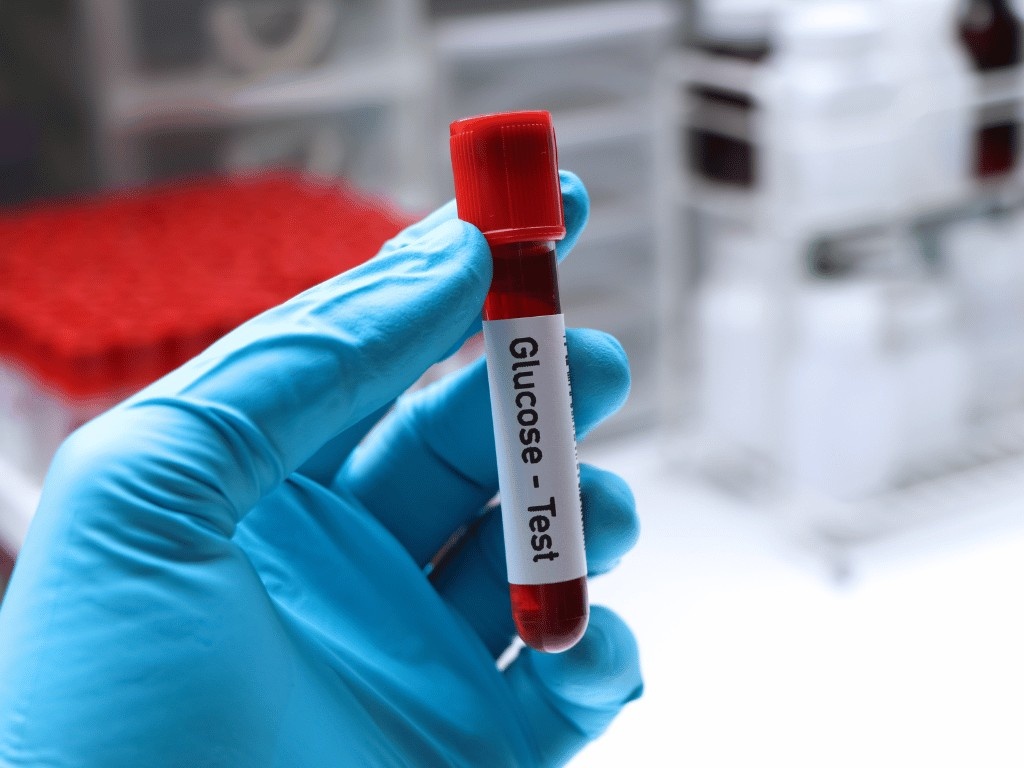
Fasting for blood work is different from doing a water fast. When fasting for a blood work, your healthcare provider would have likely told you to avoid eating or drinking for a certain number of hours before your scheduled blood test.
However, you are still allowed to drink only water during the time that you are fasting to prevent dehydration. Water also will not affect your blood test results.
The idea of fasting before a blood test is so that it allows for a clearer picture of what’s going on in your body before it absorbs any nutrients in the bloodstream.
Health Benefits of Water Fasting
There are several health benefits of water fasting based on current study findings. Many of these benefits are about the process of ketosis, a metabolic state that burns fat for energy.
Some possible health benefits include:
a) May reduce high blood pressure
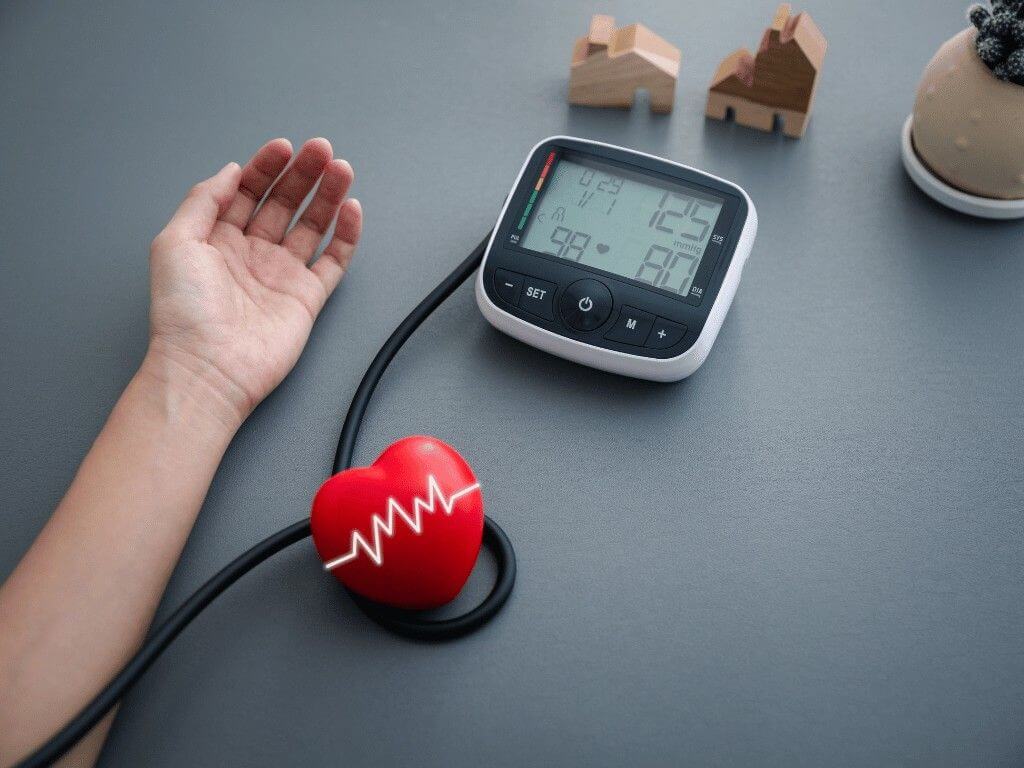
Hypertension, or high blood pressure, affects nearly half of the American adult population in the U.S. The cost of treating hypertension is estimated to be around 131 billion USD annually.
High blood pressure can also increase the risk of cardiovascular disease (CVD), each time there is an increase in systolic blood pressure and diastolic blood pressure [4].
In a 2001 clinical trial that involved 174 hypertensive patients with blood pressure exceeding 140/90, it was found that water fasting under medical supervision was a safe and effective treatment for reducing hypertension. About 90% of patients had reported reduced blood pressure below 140/90 at the end of the treatment [5].
b) Helps improve Type 2 diabetes

Over the last decade, studies have shown that fasting may help to improve metabolic and cardiovascular health, along with body composition. It has the potential to reduce the risk of hypoglycemia in Type 1 diabetes, and possibly even reverse type 2 diabetes.
A review suggests that fasting increases insulin sensitivity, lowers blood glucose levels, lowers body weight, and improves body composition. It is an effective way to manage type 1 and type 2 diabetes besides the use of insulin [6].
c) May help to prevent heart disease
Cardiovascular disease is linked to several risk factors, such as metabolic syndrome, obesity, diabetes, and dyslipidemia.
Fasting is found to be beneficial in lowering the risk and preventing heart disease. It helps to improve lipid profiles, improve metabolic syndrome indicators, improve insulin resistance, lower body weight, and reduce inflammatory markers [7].
Signs to Stop Water Fasting
On the other hand, you should not attempt to do water fast if you are pregnant or breastfeeding, if you have a history of an eating disorder, have an existing health condition, if you are a child or adolescent, or if you are an older adult above the age of 75.
Prolonged fasting is particularly risky due to the lack of proper nutrition.
If you happen to be on a water fast already, these are some signs that indicate you should stop water fasting immediately [8]:
- Lethargy and mental fatigue
- Lightheadedness or fainting spells
- Stomach pain
- Nausea and vomiting
- Diarrhea
- Throat pain or swelling
- Insomnia
- Irregular heartbeat or chest pain
- Worsening of other chronic health conditions

Smarter Nutrition Tracking
Track calories and over 100 other nutrients all in one place.
Download Eato For FreeHow to Do a 3-Day Water Fast?
Doing a 3-Day water fast requires proper preparation, monitoring, and a careful reintroduction of food after the fast is done.
1 or 2 days before a water fast, you can start to prepare by reducing your intake of heavy foods and focusing on eating more vegetables and fruit while continuing to stay hydrated. Plan out the days you intend to fast, making sure that you do not have to do anything physically or mentally intensive.
On the days that you are fasting, you should only be drinking liquids. Drink at least 2–3 liters per day and rest your body whenever you can. If you start to feel dizzy, lightheaded, faint, or experience other symptoms, you should stop fasting immediately.
After the fast has ended, you can start to slowly reintroduce food again. Begin with light foods like fruits, smoothies, or vegetable broth. Avoid eating too fast and too much, as your digestive system is still rather sensitive. After 1 to 2 days, you can go back to your normal diet while still ensuring that they are light and balanced meals.
Dry Fasting vs. Water Fasting
Dry fasting and water fasting may share some similarities (e.g., avoiding food during a fast), but they also have their differences [9].
| Type of Fasting | Description | Potential Health Benefits | Risks |
|---|---|---|---|
| Dry fasting | Dry fasting involves abstaining from both food and water throughout the time that you fast. The most popular example of dry fasting is Ramadan, a time that is observed by Muslims during which they fast from sunrise to sunset. | Lower inflammatory markers, enhanced digestive system health, better metabolic adaptation, and a significant decrease in risk of chronic diseases. | Electrolyte loss, nutrient deficiencies, and other life-threatening health complications. |
| Water fasting | Water fasting involves drinking only water throughout the period of fasting. Water fasting shares similar benefits to dry fasting, except that it is slightly safer, and you can do it for a longer period. | Similar benefits to dry fasting, with slightly safer metabolic and digestive effects. | Electrolyte loss, nutrient deficiencies, and other life-threatening health complications. |
The Final Takeaway: Water Fasting is Not For All
Risks of nutrient deficiencies, electrolyte loss, and physical side effects such as dizziness or lightheadedness are oftentimes observed during water fasting, so it’s not recommended for individuals who may be pregnant, breastfeeding, young child, have a history of eating disorders, or have an existing health condition to do a water fast.
If your main goal is to lose weight, there are plenty of ways to do it safely and effectively. For example, you can start by learning about proper nutrition and how to eat healthier. The Eato app simplifies this process by understanding your health goals, curating your meal plans, and tracking your food intake based on the health goals you hope to achieve. Try it now for free!

Smarter Nutrition Tracking
Track calories and over 100 other nutrients all in one place.
Download Eato For Free
